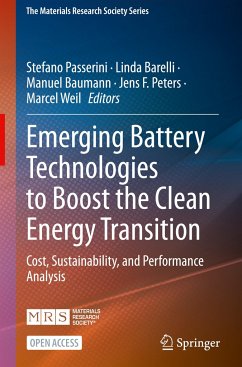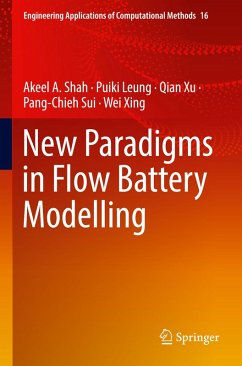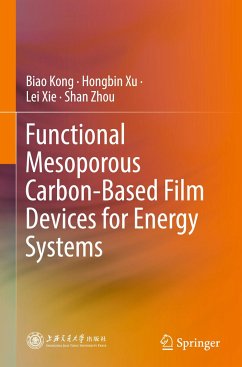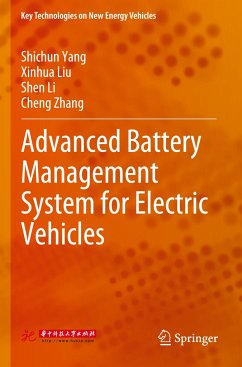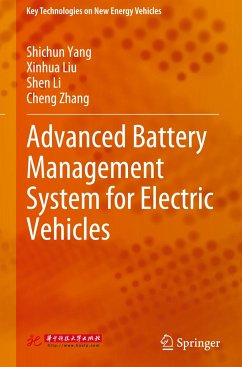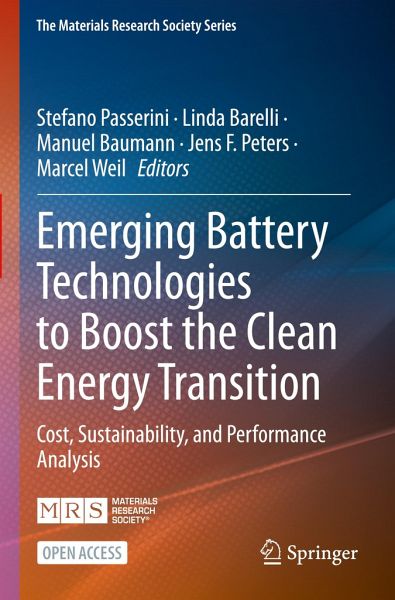
Emerging Battery Technologies to Boost the Clean Energy Transition
Cost, Sustainability, and Performance Analysis
Herausgegeben: Passerini, Stefano; Barelli, Linda; Baumann, Manuel; Peters, Jens; Weil, Marcel
Versandkostenfrei!
Versandfertig in 1-2 Wochen
42,79 €
inkl. MwSt.

PAYBACK Punkte
0 °P sammeln!
This open access book provides a totally new perspective on the rapidly developing sector of electrochemical energy storage, putting a spotlight on their sustainability under consideration of the latest developments and emerging future technologies. A number of selected, high-level authors from different disciplines discuss the potential contribution of batteries to a cleaner society, the need for new battery concepts, necessary new chemistries and their sustainability. These include not only analyses of the most relevant technological developments in the field, but also the latest state of kn...
This open access book provides a totally new perspective on the rapidly developing sector of electrochemical energy storage, putting a spotlight on their sustainability under consideration of the latest developments and emerging future technologies. A number of selected, high-level authors from different disciplines discuss the potential contribution of batteries to a cleaner society, the need for new battery concepts, necessary new chemistries and their sustainability. These include not only analyses of the most relevant technological developments in the field, but also the latest state of knowledge in terms of their applicative functionalities in transport and stationary applications within the clean energy transition framework, their potential environmental impacts, resource demands and social impacts, and the corresponding methodological advances. All these aspects are analyzed on micro-level (i.e., for the specific technology), but also on macro-scale i.e., from a systemic perspective, providing a glimpse on how emerging battery systems might cover future energy storage demand. By taking a prospective and interdisciplinary viewpoint, this book will be of interest for a broad field of readers interested in electrochemistry, engineering with particular focus on electric grids and on-board systems and energy system analysis, but also those worried about the sustainability and societal challenges related with the energy transition(s).





